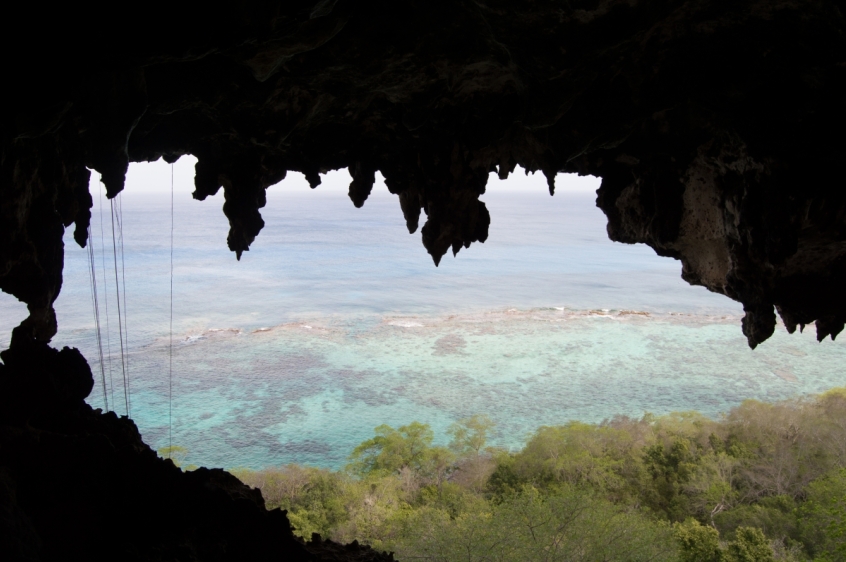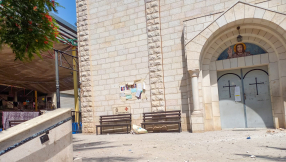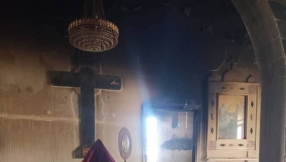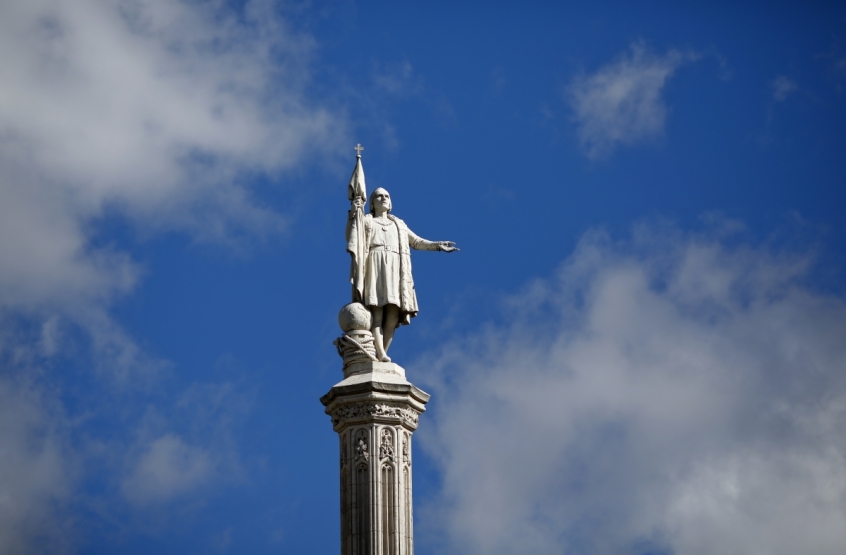
On the Spanish mainland in 1550, at Valladolid, King Charles V of Spain famously presided at an inquiry into whether the indigenous people of the New World had souls.
Now archaeologists are uncovering evidence that shows in detail how the native peoples and the European colonisers were engaged in active theological debate and over the nature of God, sin and forgiveness.
British archaeologists have been exploring the large network of caves on Mona in the Caribbean, one of the first places to be influenced by Spanish colonists due to its position on a key Atlantic trade route from Europe to the Americas, not far from Puerto Rica. Christopher Columbus stopped off at Mona on his second voyage in 1494.
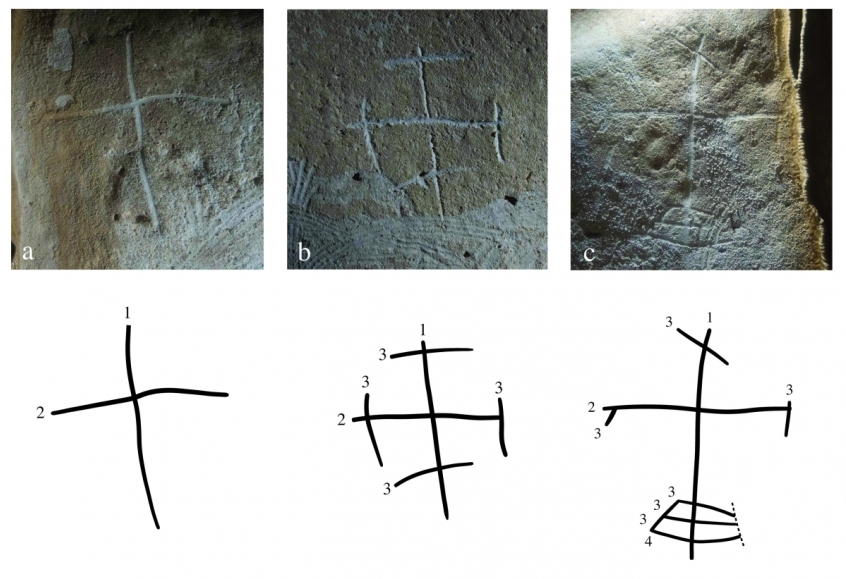
In an article titled 'The Mona Chronicle: the archaeology of early religious encounter in the New World', published in the Cambridge academic journal Antiquity, archaeologists show how the indigenous people in Mona adopted clothing styles from Europe.
But it was a two-way exchange, and the churches founded by the Europeans at the same time underwent "creolisation".
Mona is a treasure trove of historical evidence because of the caves were used for making drawings and symbols, in particular one cave, known as Cave 18 where there are 15th century Latin and Spanish inscriptions and Christian imagery on the walls.
One, in Latin, reads Plura fecit Deus, or God makes many things, and another, dios te perdone, or God forgive you.
The article speculates some of the writing illustrates "the theological crisis of the New World discovery." They also say there might have been images, now gone, illustrating "attendant practices" that required forgiveness.
Besides the arguments about the souls of indigenous people, there were also debates between Christians and indigenous peoples about about the compatibility of the Catholic God and ancestral spirits.
The archaeologists say in their paper: "The contrast between the formal, intellectual, metropolitan debate, immortalised in paper archives, and the dialogue between colonial individuals of diverse origins, materialised in stone, could not be greater. Nevertheless, both express the metaphysical schisms, anxieties, social experiments and transformations engendered on all sides by the European-American encounters."
The discoveries provide new insight into the creation of new cultural identities throughout the Americas, they add.
"This is some of the earliest evidence of Christianity in the Americas and how the indigenous Taíno population experienced it. It shows that locals and Europeans interacted and communicated about their beliefs. It is also a very good insight into the origins of the identities that were shaped in the Americas after the European arrival, it shows the process by which hybrid identities were being built," one of the authors, Jago Cooper of the British Museum, told IBTimes.
